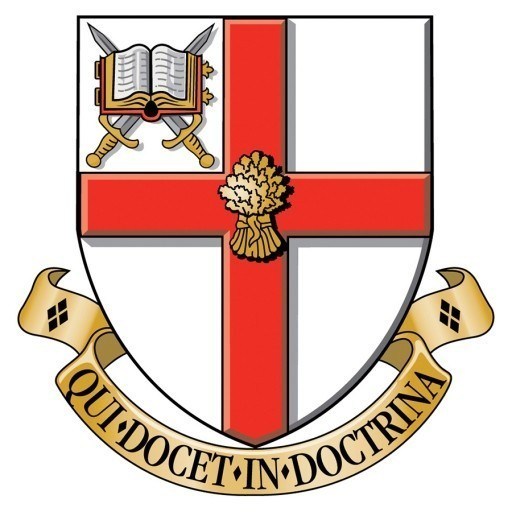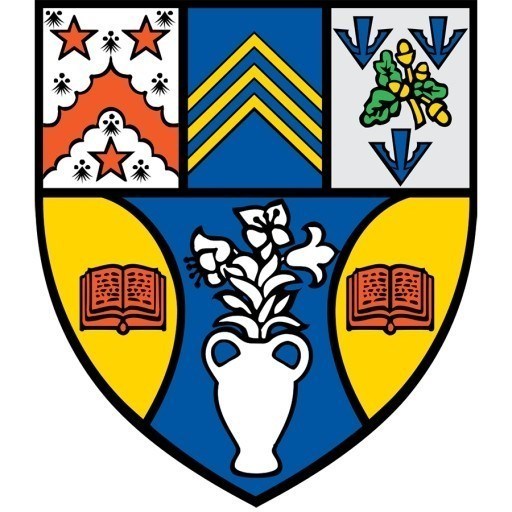Photos of university / #uni_southampton
Advertisement
There is increasing pressure to make life quieter and to gain a better understanding of how noise and vibration affect people. This MSc programme is a full-time masters degree, aimed at engineering, science or mathematics graduates. No prior knowledge of acoustics is required.
This programme aims to provide science or engineering graduates from a diversity of backgrounds with an academically challenging exposure to modern developments in sound, vibration and signal processing. The range of subjects offered is linked to the internationally recognised research activities of staff. You will cover aspects of engineering acoustics, structural dynamics, noise and vibration control, human effects of sound and vibration and applied digital signal processing such as biomedical.
Specific aims of this MSc programme are:
* To enable you to acquire some of the advanced knowledge and practical skills needed for a professional career in sound, vibration and signal processing.
* To develop your ability to apply the academic knowledge gained to practical situations in your chosen discipline.
* Through a substantial open-ended research project, to develop your critical and analytical abilities as well as project management skills.
Subsidiary aims are:
* To provide a supply of well-trained and motivated graduates for research positions both in the ISVR and elsewhere.
* To provide career development opportunities in the broad field of sound, vibration and signal processing, for those seeking a change in employment or enhancement of their first degree.
Full-time study
Full time, the MSc is a full 12-month full-time course, commencing in October. The programme is split into two components: a 'taught' component (October to June) and a research component (June to September).
Part-time study It is possible to study part-time over a period of 2-5 years, for example by attending one day a week. However, if possible, it is better to study the whole first semester at once and then to take semester 2 options over a longer period.
Exit points The taught component of the MSc programme is assessed independently of the research project component. Progression to the research project depends on successful completion of the taught component. The MSc award depends on passing the examinations and on successful completion of a dissertation on the project. The possible exit points are:
* PG Certificate (60 Credit Points)
* PG Diploma (120 Credit Points)
* MSc (180 Credit Points)
Want to improve your English level for admission?
Prepare for the program requirements with English Online by the British Council.
- ✔️ Flexible study schedule
- ✔️ Experienced teachers
- ✔️ Certificate upon completion
📘 Recommended for students with an IELTS level of 6.0 or below.
Accreditation
This MSc programme is accredited by the Institution of Mechanical Engineers as Further Learning contribution for CEng registration for intakes 2010-2014. PG Diploma accredited as Further Learning for IEng registration.







